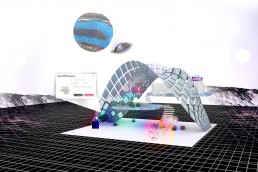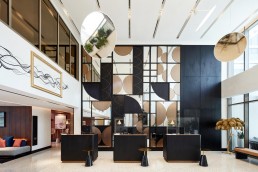Pallavi Dean gives her verdict on the metaverse
The metaverse has huge potential for hotels and restaurants, writes Pallavi Dean, founder and Creative Director of Dubai design firm Roar. But it’s not a get-rich-quick scheme.
Hello, my name is Pallavi and I’m a recovering metaverse sceptic. For a long while, I’ve been reading about Bitcoin going through the roof, non-fungible tokens (NFTs) selling for millions, and people trading plots in Decentraland for the price of a villa on Palm Jumeirah. And I’d think: “These guys are nuts, frittering their hard-earned cash on useless digital nonsense.” It’s a well-trodden argument. But then I had a realisation – an epiphany if you like – and finally got it.
The turning point was my credit card bill. To be precise, the credit card bill for my kids’ video games such as Minecraft, Fortnite and Roblox. As it turns out, I’ve been spending a fortune in the metaverse for years now, buying characters, skins and even a few virtual countries. I have the receipts to prove it.
I’m not alone. Bloomberg crunched the numbers on the metaverse economy, calling it “a nearly $800 billion market opportunity.” McKinsey says it will be worth $5 trillion by 2030. Earlier this year, Microsoft paid $67 billion for video game company Activision in the biggest tech takeover in history. “The deal will provide building blocks for the metaverse,” explained Microsoft CEO Satya Nadella. And then there was Facebook changing its name to Meta. I could go on, but you get the point.
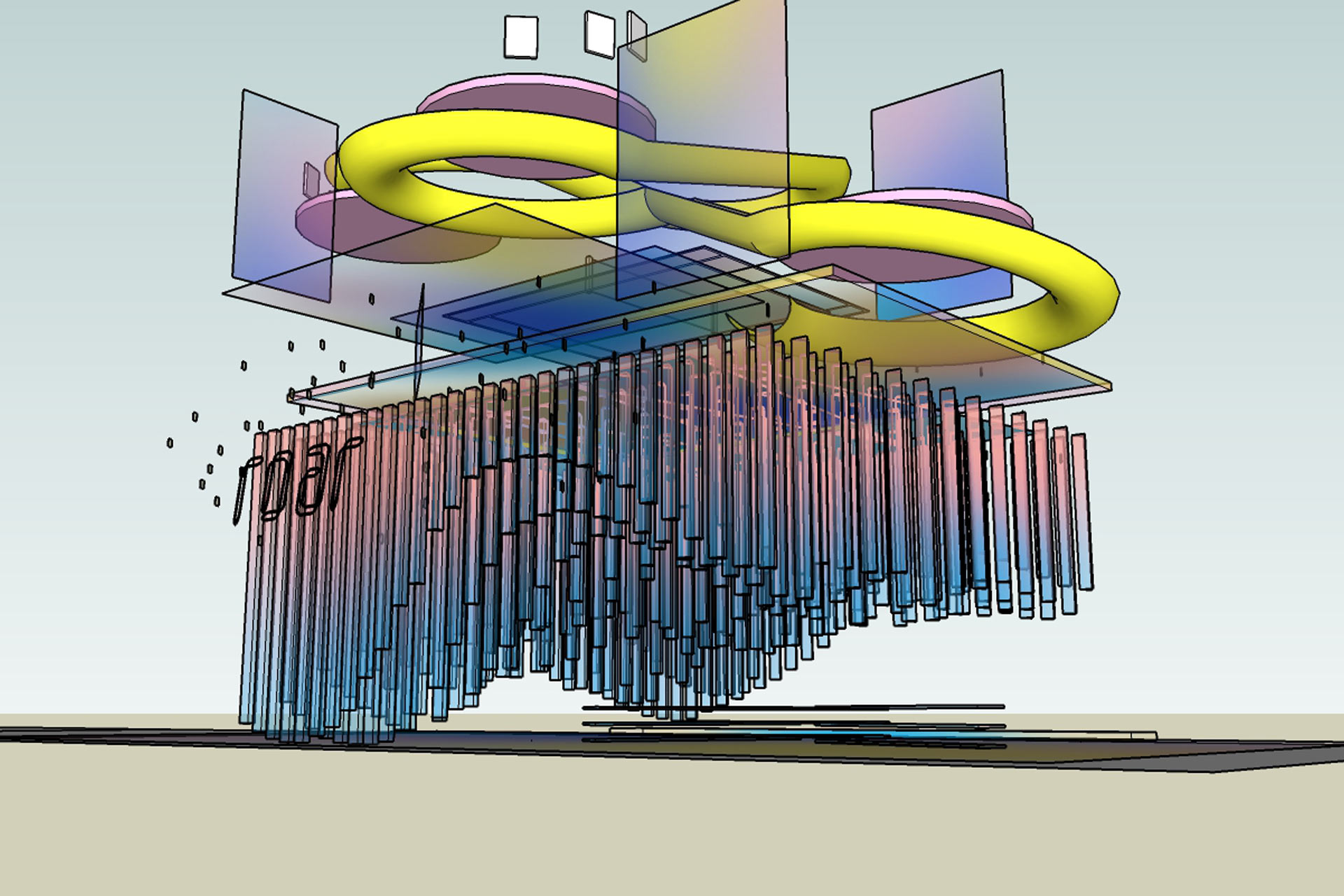
So what does all this mean if you’re a hotelier or restaurateur? Here are five ways the metaverse can boost your hospitality business.
1: Digital twin. This is the quick and – relatively – cheap way to start; take a physical hotel room or restaurant and create a 3D replica. Sandbox and Decentraland are the two most popular metaverse platforms right now, outside of video games.
One example: Samsung launched its metaverse property Samsung 837X in Decentraland, based on the Samsung 837 store in New York. The good news is that visitors can access it via the Samsung website – no need for any fancy device or software. There they can walk around, play with installations, check out the merch and chat with other visitors. Special events such as a fashion show during New York Fashion Week have proved real winners.
What’s the ROI? At the moment, mainly intangible such as brand-building, PR and marketing. That was certainly the motivation for Millennium, which opened its first metaverse hotel in Decentraland, under the lifestyle M Social brand. “It’s a new channel to acquire customers and acquaint them with Millennium Hotels & Resorts aimed at the customers of tomorrow,” said V-P Saurabh Prakash.
Thankfully there is potential for tangible, financial returns. Think of those in-game purchases on Roblox. For example, Emirates Airline offers 3D tours of its cabins on Oculus headsets. Ultimately, the plan is to use this tech to upsell to a bigger seat, premium food and beverage and other chargeable amenities.
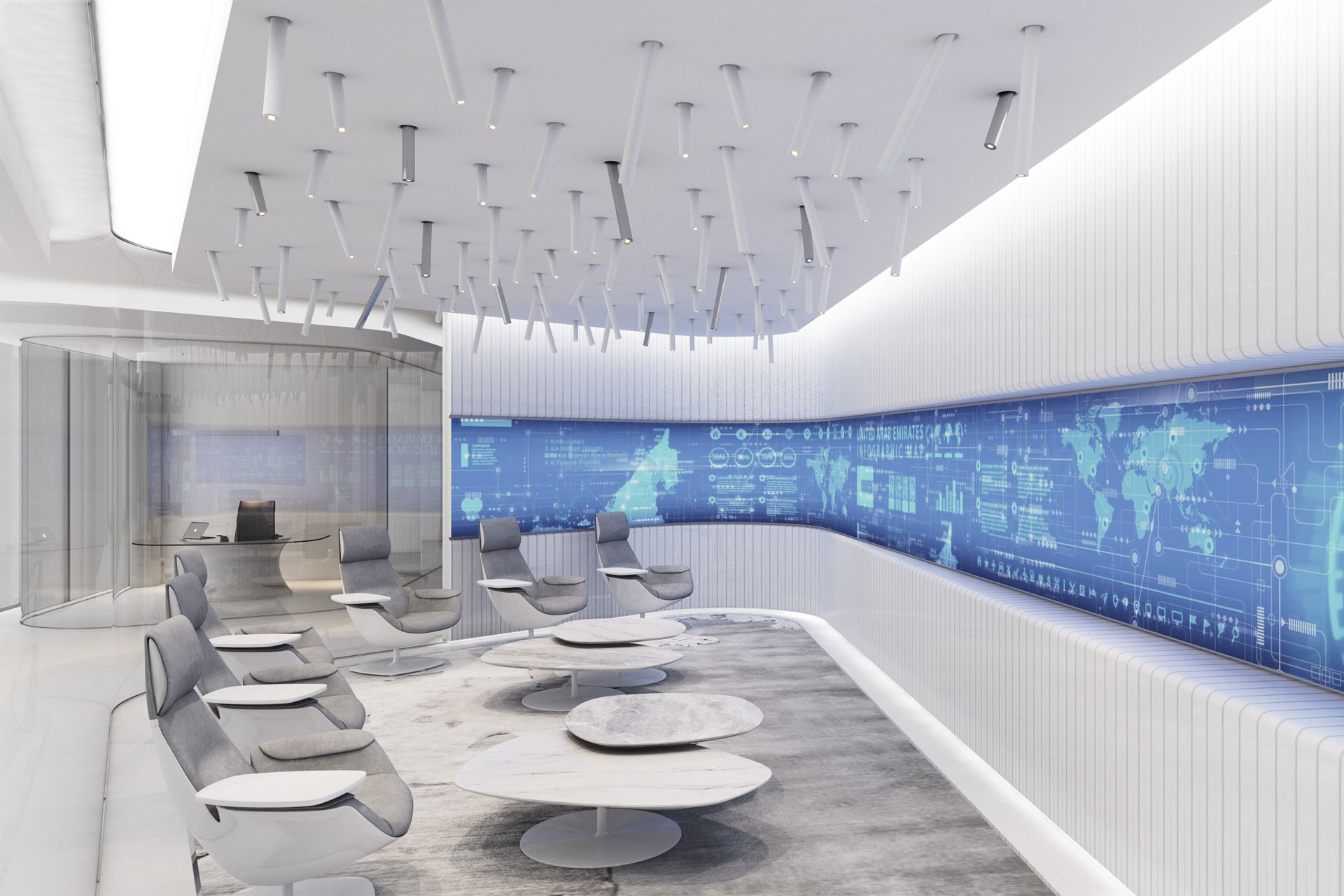
2: NFTs. Non-Fungible Tokens are like Marmite; people either love them or hate them. The question for the hospitality industry is ‘what can this digital art do for me?’
In an ideal world you’d sell them for a fortune! The most famous collection of NFTs is Bored Ape, with #8817 selling for $3.4 million. In practice, you’re more likely to use them for customer engagement at this stage.
Take Marriott, which launched a collection of NFTs at Art Basel Miami in 2021, teaming up with three acclaimed digital artists. Why? “We continuously seek opportunities to defy what is conventional and, with our entry in the digital goods space we are further igniting the transformative power of travel in the virtual world,” commented Senior Vice President Brian Povinelli. Interestingly, it’s Marriott’s loyalty programme Bonvoy that’s driving the initiative.
On a smaller scale, some restaurants are selling them for cash, with guests getting perks in return. Hanoi House restaurant in New York is selling NFTs for $300, for which visitors get the digital artwork, plus club membership, free drinks, guaranteed reservations and private tastings.
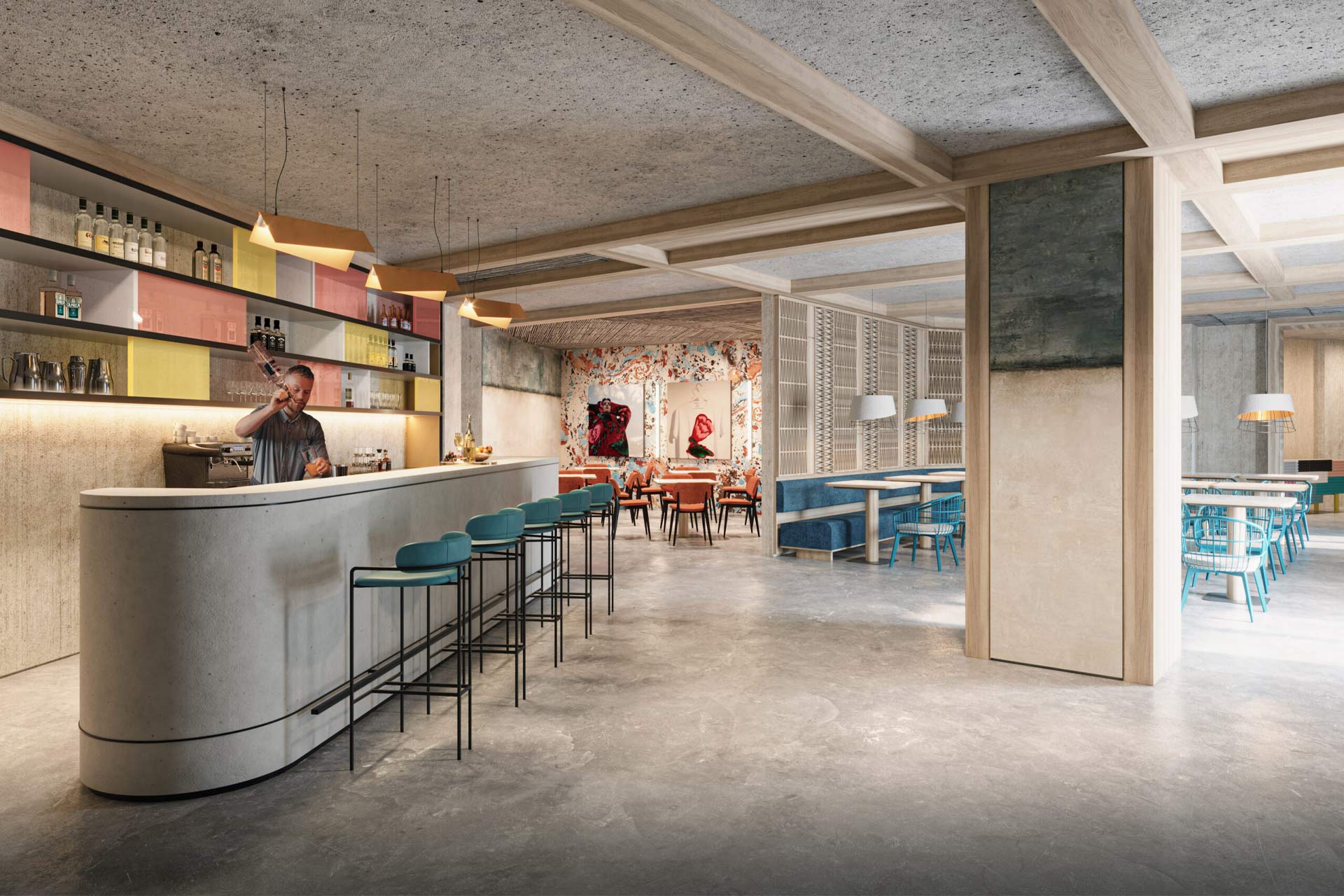
3: Gamification. Louis Vuitton has taken NFTs a stage further, by gamifying the process. They created an app Louis the Game where customers and fans alike can play to win branded NFTs. It’s been downloaded more than two million times.
We know that gaming is the commercial rock upon which the metaverse is built, so why not embrace its power? Play to win a free night stay, a room upgrade or a spa treatment. This could work for potential customers thinking about your property. But also for people who’ve already booked – that way you get them to check out all the hotel’s premium services before they arrive. Ka-ching!
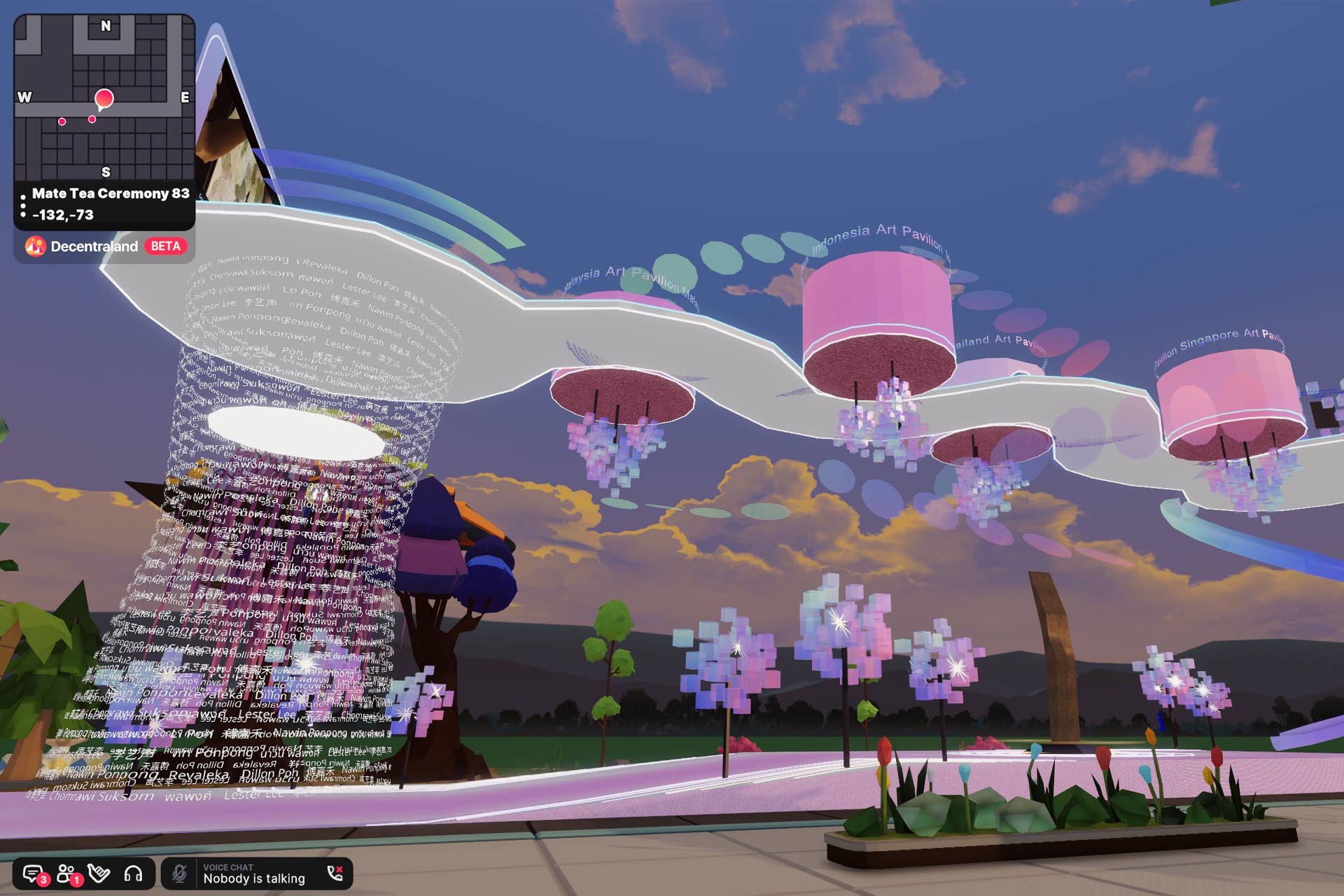
4: MICE. Will a hotel ever make as much money from hosting the annual widget conference in the metaverse, as it would in the physical ballroom? Probably not.
But there is potential – particularly for arts and cultural events. This year, the MTV Video Music Awards created a new category – Best Metaverse Performance. Ariana Grande was shortlisted for her performance on Fortnite, while BTS chose Minecraft – for the record, South Korean girl band Blackpink won for a gig on the video game PUBG. It has 95 million views on YouTube.
For corporate events, my best guess is a hybrid future. The physical event will still happen in the conference centre, but the metaverse has a key role for networking and side meetings.
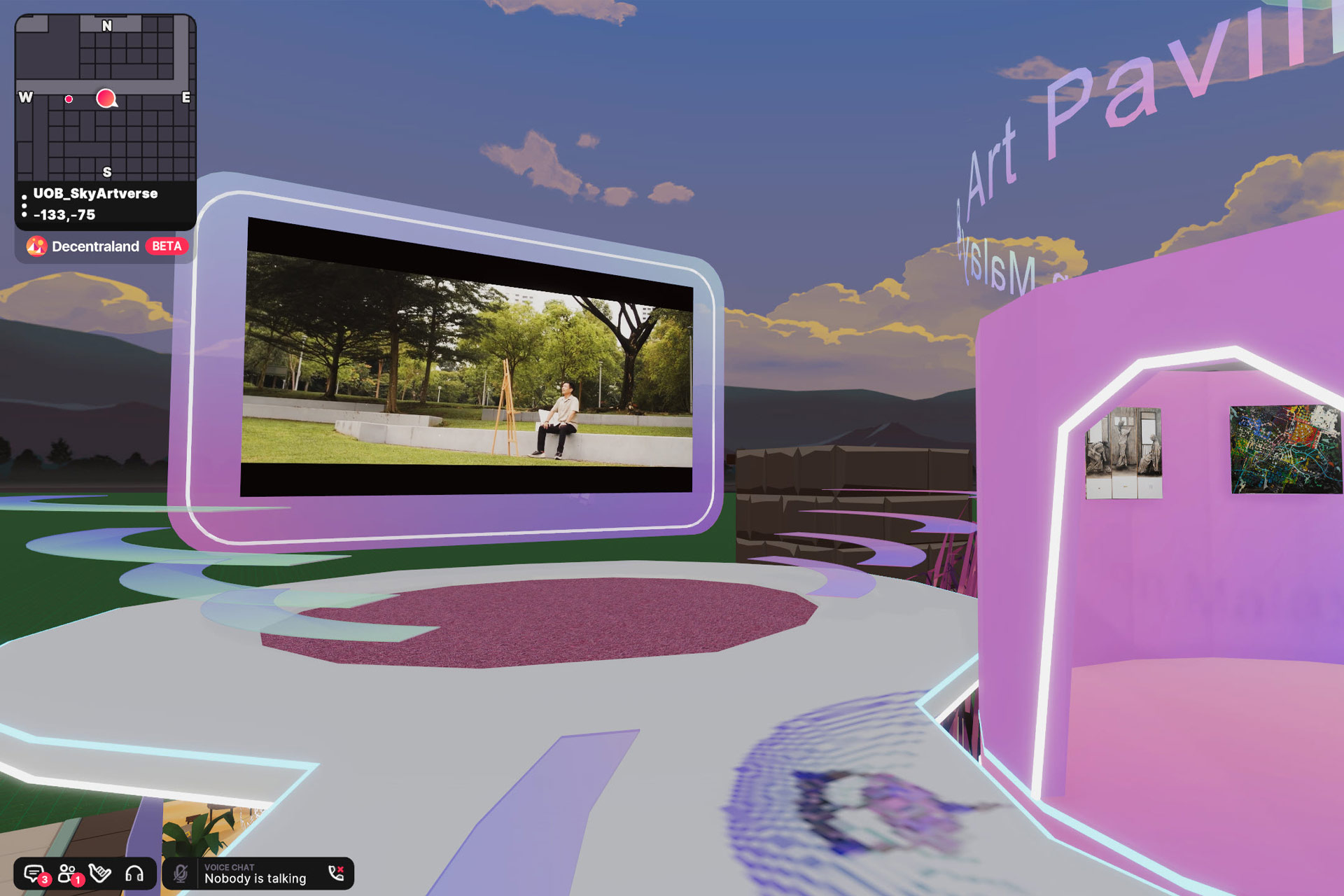
5: This is not a get-rich-quick scheme. It’s important to understand the limits of the metaverse for hotels and restaurants. If you’re looking for overnight returns on your investment, forget it. We’ve spoken to one high profile hotel chain that decided against it, saying privately: “it’s too early in the hype cycle, we simply cannot see a way to monetise it, so we’ll watch and wait.” Fair enough. For others like Marriott and Millennium, it’s about staking a flag in the ground and gaining first-mover advantage.
McKinsey says there are two ways to look at the metaverse. The first is the sceptic who sees it as “merely a rebranded gaming platform of little wider interest.” The second is the optimist who believes “the metaverse has the potential to be the next iteration of the internet.”
McKinsey is in the latter camp. So am I. Over to you.
Related Posts
27 January 2022
Roar enters the metaverse
25 November 2021


